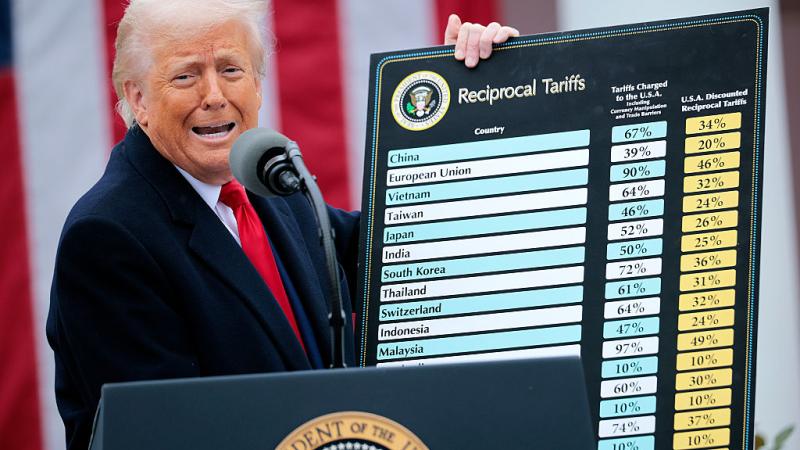Environmental justice bill moves forward from committee
If the legislation is passed, those proposing new businesses would have to submit cumulative environmental impact reports which take into consideration not just their environmental footprint but the aggregate pollution of the area.
In a party-line vote, Pennsylvania's House of Representatives' Environmental and Natural Resource Protection Committee moved forward a bill designed to take the cumulative impact of pollution into account when permitting new businesses.
The bill brings to the spotlight what are known as environmental justice areas, or regions where environmental and socioeconomic factors converge to raise the risk to certain communities.
If the legislation is passed, those proposing new businesses would have to submit cumulative environmental impact reports which take into consideration not just their environmental footprint but the aggregate pollution of the area. Its sponsors call for a more thorough public hearing process while the Department of Environmental Protection would maintain oversight in issuing permits and conditions.
Republicans who took issue with the bill found their voice in committee minority Chairman Jack Rader of Monroe County, who expressed concern that the measure could stifle business growth or take decision-making out of the hands of local people and place it into the Environmental Department.
“They may want that factory,” said Rader. “They may want the business there. Maybe they need the tax base. Maybe they need the jobs.”
He questioned whether the process itself would deter businesses from trying to set up operations in already economically disadvantaged areas and said that both local governments and the DEP already have several methods to prevent polluters.
Still, Democratic representatives insisted that the state has an obligation to set standards that keep communities safe. While many issues in Pennsylvania come down to local control, the impact of one community’s choice often, especially environmentally, effects its neighbors.
“Whether it’s carcinogens, heavy metals – PFAS is a big issue in southeastern Pennsylvania – the cumulative effects are potent and costly because the costs end up in somebody else’s backyard,” said Rep. Joe Webster, D-Collegeville.
PFAS is an acronym for per- and polyfluoroalkyl substances. They are widely used, long lasting chemicals, components of which break down very slowly over time. Studies vary on their harmful effects; more is known about their impact on animals than on humans. PFAS, the Environmental Protection Agency says, “are found in water, air, fish, and soil at locations across the nation” and throughout the world.
Webster expects that water quality, in particular, will become a more and more pressing issue in the future and was glad the committee had taken up a bill that could begin to address it.
Committee Chairman Greg Vitali, D-Havertown, proposed a successful amendment to the bill informed by a public hearing on the issue in Chester, a community which has taken the brunt of several industries’ emissions. There, the negative impact to health is measurable, and the boost to the local economy, some say, is negligible.
The amendment broadened the types of permits relevant to the act, slightly expanded the definition of “electric generating facilities” and added public health as one of the considerations.
Rep. Carol Kazeem, D-Chester, spoke on an amendment she proposed and later rescinded which would have required the Environmental Department to reconsider permits every two years rather than “regularly.” It also proposed that the system be updated every two years, which she said could help new businesses find opportunities when space opens up.
Lastly, it proposed a more definitive appeal process.
She noted that in the future, if the current legislation passes she plans to propose these issues in separate bills to take into account the concerns she's heard. She also acknowledged concern for overburdening Environmental Department with new requirements.
“I do want to make sure that we have language in place that will be beneficial to everyone,” said Kazeem.















